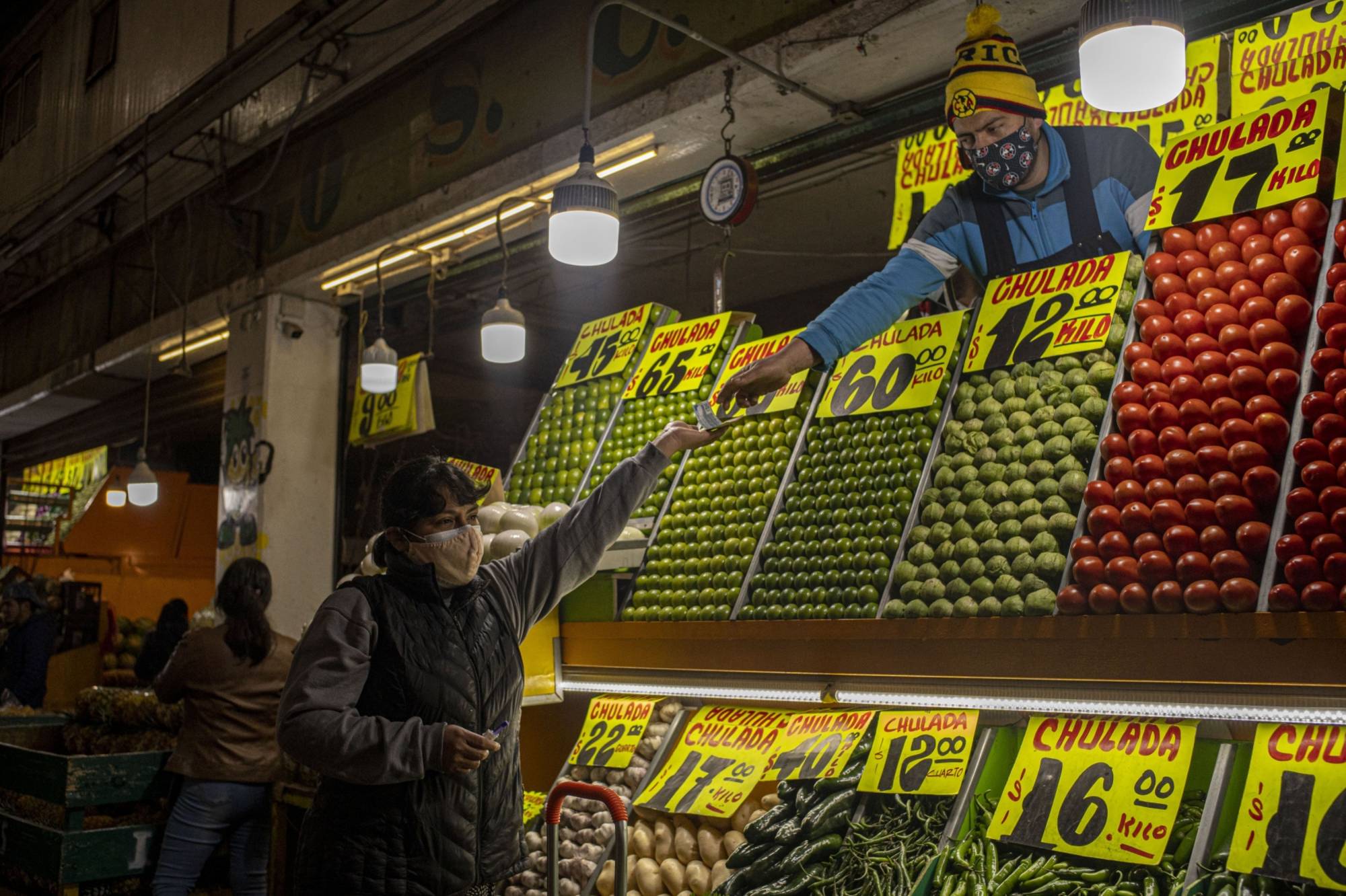Prices for some of the world’s most pivotal products — foods, fuels, plastics and metals — are rising beyond what many buyers can afford. That’s forcing consumers to cut back and, if the trend grows, may tip economies already buffeted by pandemic and war back into recession.
The phenomenon is happening in ways large and small. Soaring natural gas prices in China are forcing ceramic factories that burn the fuel to halve their operations. A Missouri trucking company debates suspending operations because it can’t fully recoup rising diesel costs from customers. European steel mills using electric arc furnaces scale back production as power costs soar, making the metal even more expensive.
Global food prices set a record last month, according to the United Nations, as Russia’s invasion of Ukraine disrupted shipments from the countries that, together, supply a quarter of the world’s grain and much of its cooking oil. More expensive food may be frustrating to the middle class, but it’s devastating to communities trying to claw their way out of poverty. For some, "demand destruction” is just another way to say "hunger.”



















With your current subscription plan you can comment on stories. However, before writing your first comment, please create a display name in the Profile section of your subscriber account page.